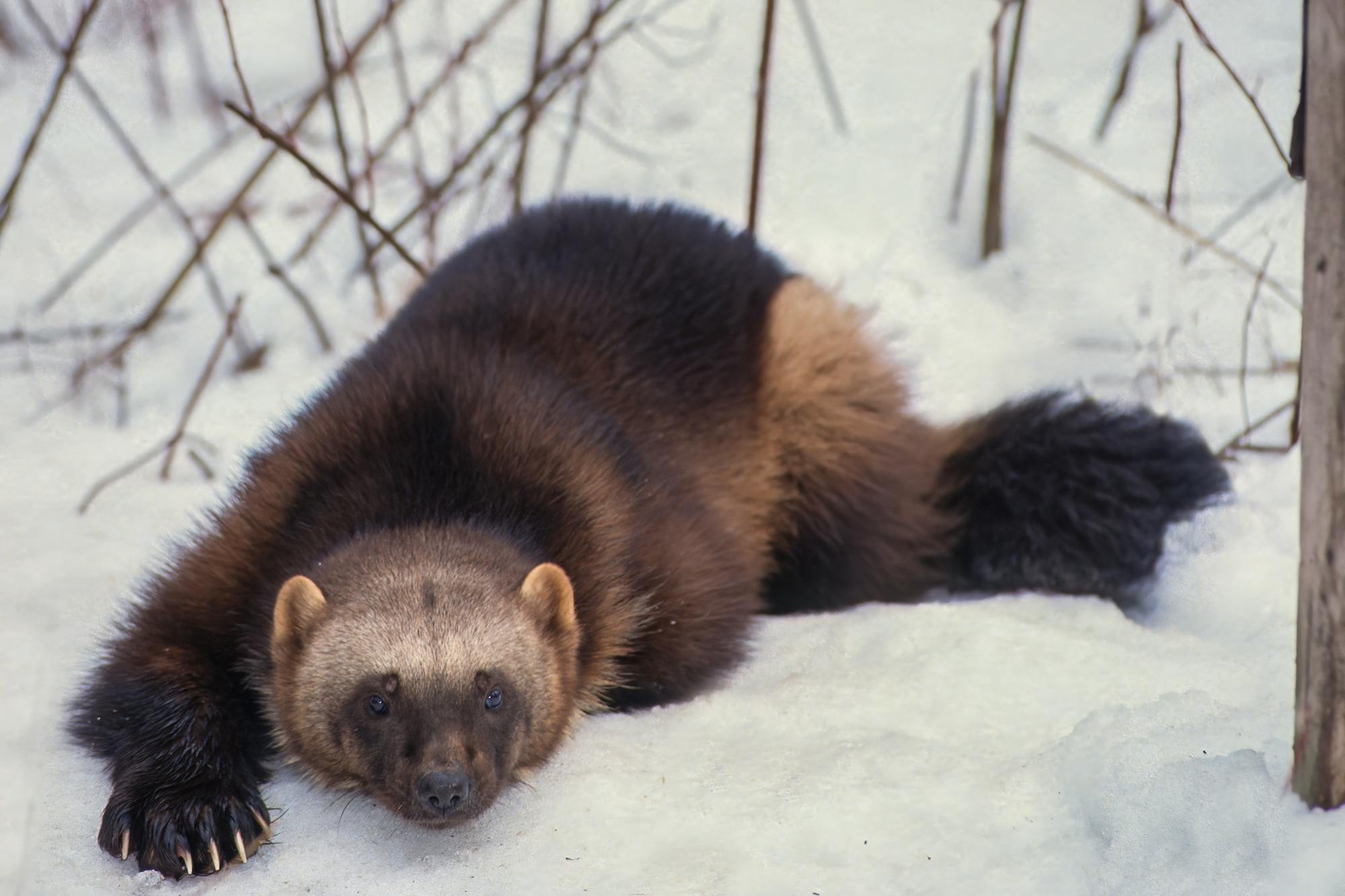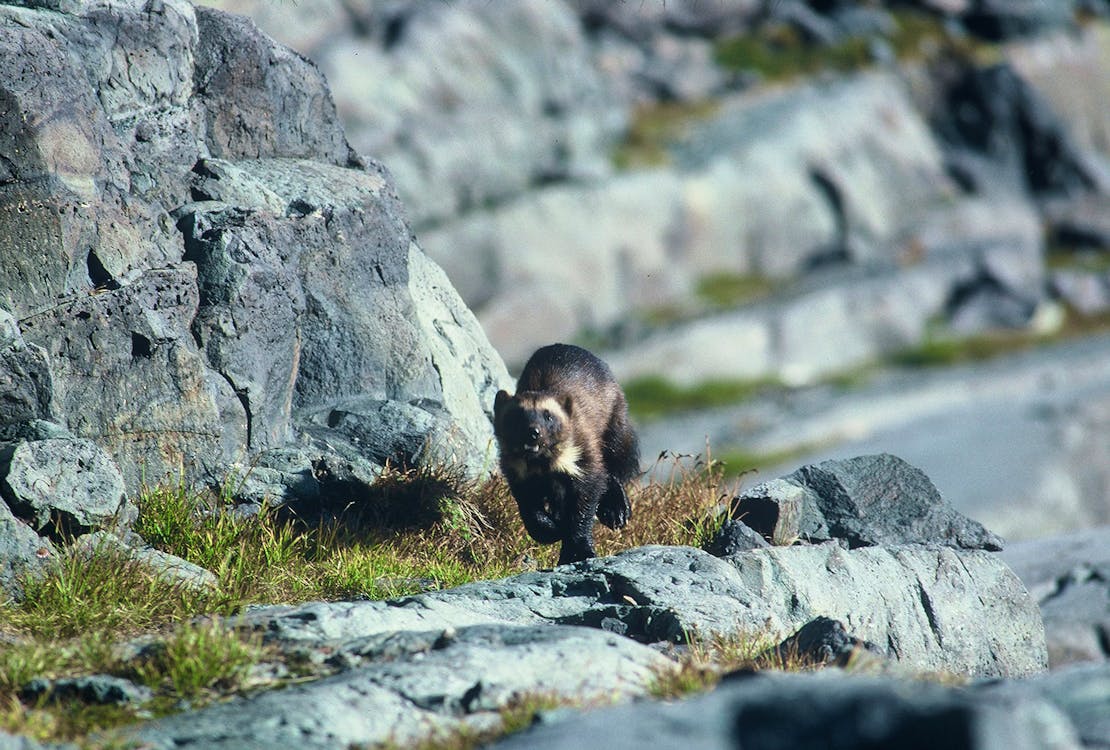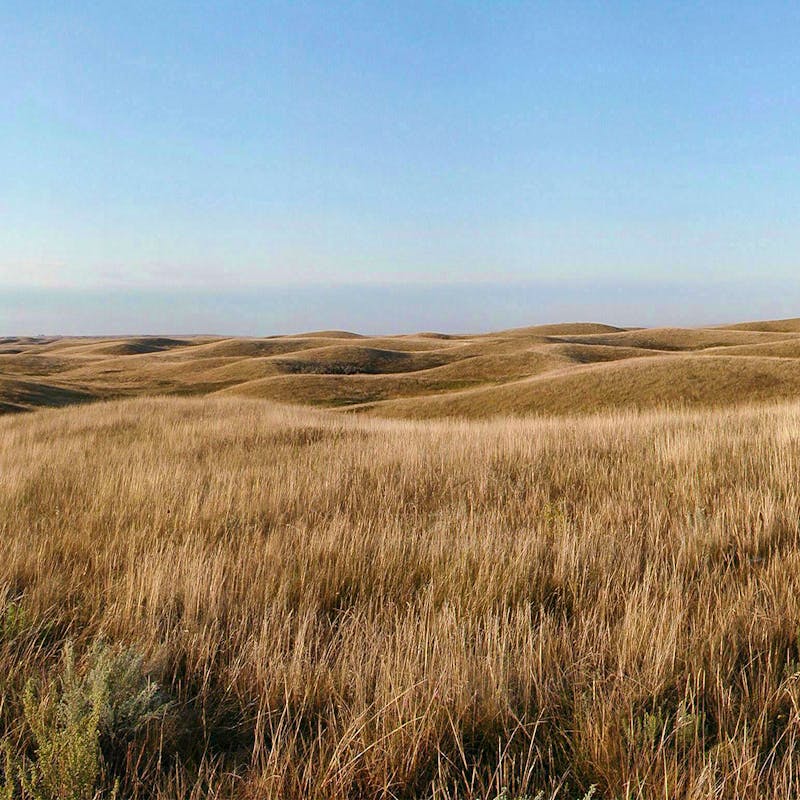Colorado today is one step closer to reintroducing the North American wolverine. Governor Jared Polis signed Senate Bill 24-171, authorizing Colorado Parks and Wildlife to reintroduce wolverines to the state as a non-essential experimental population.
Senate Bill 24-171 will kickstart the species’ reintroduction into the state following its listing to the Endangered Species Act in late 2023. This law will allow CPW to develop a plan to restore this threatened high-altitude scavenger to the Colorado mountains. First, the U.S. Fish and Wildlife Service must complete a rule establishing the new incoming population as a “non-essential experimental population,” under Section 10(j) of the Endangered Species Act.
“Everyone who loves wildlife and wild places has cause to celebrate today, as Colorado has taken an important first step to restoring the threatened wolverine to the high Colorado mountains, its biggest swath of unoccupied habitat and perhaps its best shot at surviving climate change,” said Michael Saul, Rockies and Plains Program Director for Defenders of Wildlife. “Defenders of Wildlife applauds Governor Polis, Colorado Parks and Wildlife, the law’s bipartisan sponsors, and all the advocates who’ve worked hard to return an essential missing piece of Colorado’s alpine ecosystems.”
The term “experimental” is used by the FWS to refer to a species being introduced to suitable habitat outside of its current range, in an effort to establish a new population. For wolverines, that range has diminished significantly at the hands of human hunting and trapping, increased manmade impact on the backcountry, and the loss of snowpack due to climate change. It’s estimated that fewer than 325 wolverines remain today in the contiguous United States.
“The tenacious wolverine can thrive by scavenging in a harsh world of snow and ice, but is defenseless against the looming threat of human-caused climate change and loss of snowpack,” said Saul. “That’s why it’s so important for the survival of the species that Colorado moves forward with returning these animals to the high mountains of the state, where we can help give them a fighting chance at survival.”
Existing state law requires legislative action before Colorado Parks and Wildlife can start reintroduction of the wolverine, or any ESA-listed species. Sponsored by Senators Perry Will and Dylan Roberts and Representatives Barbara McLachlan and Tisha Mauro, the bipartisan bill authorizes the state to begin this work, allocating $750,000 from the Species Conservation Trust Fund.
In 2023, the North American wolverine was finally given its place as a threatened species under the Endangered Species Act. Listing has been the subject of six rounds of litigation dating back as far as 2000, with Defenders and its allies fighting for the species since 2000.
For over 75 years, Defenders of Wildlife has remained dedicated to protecting all native animals and plants in their natural communities. With a nationwide network of nearly 2.1 million members and supporters, Defenders of Wildlife is a leading advocate for innovative solutions to safeguard our wildlife for generations to come. To learn more, please visit https://defenders.org/newsroom or follow us on X @Defenders.
News

Study Led by Defenders of Wildlife Scientist Shows Noise Pollution Impacts on Migratory Birds







